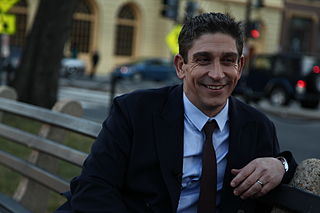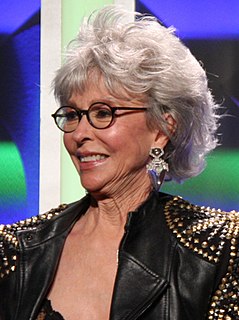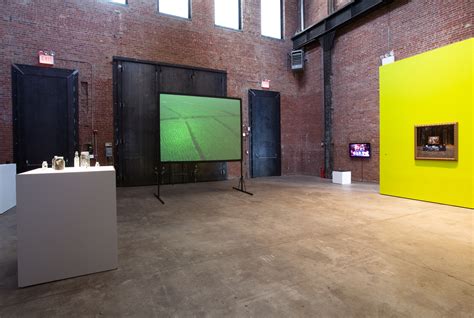A Quote by George Orwell
I had the lonely child's habit of making up stories and holding conversations with imaginary persons, and I think from the very start my literary ambitions were mixed up with the feeling of being isolated and undervalued. I knew that I had a facility with words and a power of facing unpleasant facts, and I felt that this created a sort of private world in which I could get my own back for my failure in everyday life.
Quote Topics
Back
Being
Child
Conversations
Could
Created
Day Life
Everyday
Everyday Life
Facility
Facing
Facts
Failure
Feeling
Felt
Get
Habit
Had
Holding
Imaginary
Isolated
Knew
Life
Literary
Lonely
Lonely Child
Making
Making Up
Mixed
My Own
Own
Persons
Power
Private
Sort
Start
Stories
Think
Undervalued
Unpleasant
Up
Very
Were
Which
Words
World
Related Quotes
In some ways, I don’t feel as if I had a choice. Looking back at my childhood, even before I could read and write, I was making up stories. I love reading and I love telling stories, and the times in my life when I’ve tried to ignore that part of me, I’ve gone a little crazy. Characters start tugging on my sleeves, words start haunting me, and I feel generally unsatisfied. Really, being a writer sounds more like a mental illness than a professional choice.
Once you're back on your feet - if you ever make it back on your feet - that's the ultimate achievement. I remember I was in New York at the Trump Hotel and I woke up and I just knew I was over it. It was a different day. I felt different. I didn't feel lonely. I felt like I wanted to get up and be in the world. That was a great, great feeling.
I had lines inside me, a string of guiding lights. I had language. Fiction and poetry are doses, medicines. What they heal is the rupture reality makes on the imagination. I had been damaged, and a very important part of me had been destroyed - that was my reality, the facts of my life. But on the other side of the facts was who I could be, how I could feel. And as long as I had words for that, images for that, stories for that, then I wasn't lost.
As a young child I had Santa and Jesus all mixed up. I could identify Coke or Pepsi with just one sip, but I could not tell you for sure why they strapped Santa to a cross. Had he missed a house? Had a good little girl somewhere in the world not received the doll he'd promised her, making the father angry?
My father was a writer, so I grew up writing and reading and I was really encouraged by him. I had some sort of gift and when it came time to try to find a publisher I had a little bit of an "in" because I had his agent I could turn to, to at least read my initial offerings when I was about 20. But the only problem was that they were just awful, they were just terrible stories and my agent, who ended up being my agent, was very, very sweet about it, but it took about four years until I actually had something worth trying to sell.
My middle name really is perseverance. I've always believed that I had talent, even when I felt like a very inferior sort of person, which I spent a lot of time living my life feeling that I wasn't worthy. But even then I knew that I had something special, and maybe that's what it takes. Maybe people need to have that kind of particular core driving them. But I felt I had talent.
I knew what I wanted to do when I set out. I knew that I wanted to write a book that told the story, obviously. I wanted it be comedy first, because I felt like there already had been childhood druggy stories that were very serious, and I felt that the unique thing here was that I was a comic and I could tell the story with some levity, and I have been laughing at these stories my whole life.
She smiled. She knew she was dying. But it did not matter any longer. She had known something which no human words could ever tell and she knew it now. She had been awaiting it and she felt it, as if it had been, as if she had lived it. Life had been, if only because she had known it could be, and she felt it now as a hymn without sound, deep under the little whole that dripped red drops into the snow, deeper than that from which the red drops came. A moment or an eternity- did it matter? Life, undefeated, existed and could exist. She smiled, her last smile, to so much that had been possible.
The Yogic sages say that all the pain of a human life is caused by words, as is all the joy. We create words to define our experience and those words bring attendant emotions that jerk us around like dogs on a leash. We get seduced by our own mantras (I'm a failure I'm lonely I'm a failure I'm lonely) and we become monuments to them. To stop talking for a while, then, is to attempt to strip away the power of words, to stop choking ourselves with words, to liberate ourselves from our suffocating mantras.
Well, I’ve had my fun; I’ve had it, he thought, looking up at the swinging baskets of pale geraniums. And it was smashed to atoms—his fun, for it was half made up, as he knew very well; invented, this escapade with the girl; made up, as one makes up the better part of life, he thought—making onself up; making her up; creating an exquisite amusement, and something more. But odd it was, and quite true; all this one could never share—it smashed to atoms.
As a child, I felt that the Indian part of me was unacknowledged, and therefore somehow negated, by my American environment and vice versa. Growing up, I was impatient with my parents for being so different, holding on to India the way they did, and always making me feel like I had to make a choice of which way I would go.
I probably sensed the serious formality of the ceremonies and felt what others were feeling then. Looking back, I'd guess that it had opened up a gaping hole in my psyche. In the process of creating art, I might be trying to fill that hole, or to reduce its depth, or to make it feel less hollow. I think that making art could have helped from that moment on.







































